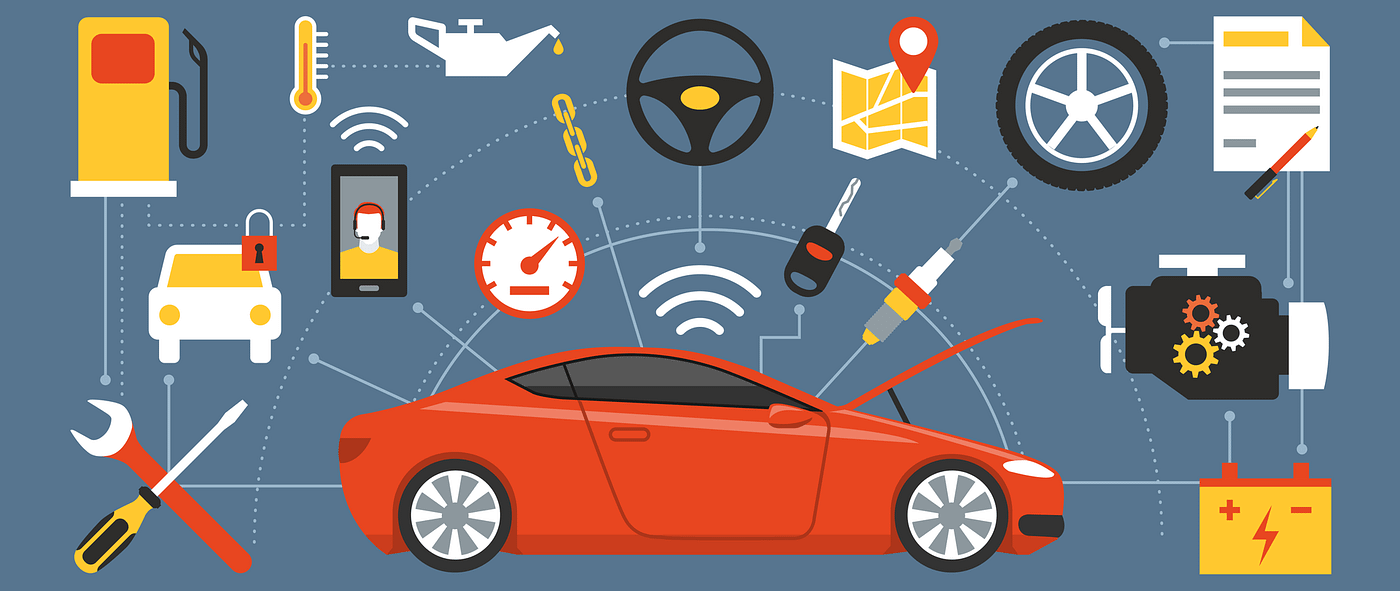All Categories
Featured
The timing belt is a vital component of your engine, in charge of integrating the activity of different engine components, such as the crankshaft and camshaft. This makes sure the engine's valves open and close at the appropriate times during the burning cycle. While the timing belt might not be something you believe around commonly, disregarding its maintenance can cause significant engine damage and expensive repairs. Below's why timing belt replacement is vital for your car's longevity and performance.
What Is a Timing Belt and Exactly How Does It Work? The timing belt is a rubber or composite product belt that connects the crankshaft to the camshaft in an inner combustion engine. The camshaft regulates the opening and closing of the engine's intake and exhaust valves, and it should be timed flawlessly with the activity of the pistons in the engine. The timing belt makes sure that these components are in sync, permitting the engine to run smoothly.
If the timing belt ends up being or stops working broken, the camshaft and crankshaft will no longer be integrated, which can trigger the engine's valves to hit the pistons. This causes devastating engine damage and usually calls for costly repair work or even an engine substitute.
Why Is Timing Belt Replacement Important? Over time, the timing belt can put on down as a result of rubbing, heat, and basic engine wear. While it might feel like a small issue, a faulty timing belt can result in significant engine problems. Below's why prompt substitute is critical:
Preventing Engine Damages: As stated, a damaged or slipping timing belt can trigger the engine's valves and pistons to collide. This results in bent valves, harmed pistons, and in serious instances, a complete engine failing. Changing the timing belt prior to it damages can prevent this pricey damages.
Maintaining Engine Performance: A damaged timing belt can disrupt the synchronization of the engine components, reducing overall engine efficiency. Replacing the belt helps preserve optimal engine function, making sure smooth operation, enhanced fuel performance, and far better performance.
Staying Clear Of Unexpected Failure: A busted timing belt can leave you stranded on the side of the roadway, triggering a major aggravation. By replacing the timing belt at the advised periods, you can stay clear of the threat of an unanticipated break down, particularly in the center of a lengthy trip or when you the very least expect it.
![]()
Conserving Cash in the Long Run: While timing belt substitute can feel like an expense you may wish to put off, it's much less costly than the cost of fixing or changing a damaged engine. The substitute cost is relatively economical compared to the substantial repairs called for if the timing belt breaks. Positive maintenance can conserve you countless dollars out of commission and preserve your automobile's value.
When Should You Change the Timing Belt? The timing belt replacement schedule can differ depending on your car's make and design. In general, many makers recommend changing the timing belt every 60,000 to 100,000 miles. It's constantly best to consult your proprietor's manual or a relied on auto mechanic for certain suggestions for your automobile.
Indicators that your timing belt might want replacement consist of unusual engine sounds such as ticking or whining, trouble starting the engine, or a recognizable decrease in engine efficiency. It's essential to have the timing belt checked instantly. if you experience any of these signs.
![]()
Conclusion. Replacing the timing belt at the recommended periods is a crucial component of maintaining your engine's health and guaranteeing that your vehicle runs efficiently. A busted timing belt can lead to pricey repair services, engine failing, and unexpected malfunctions, which can be stayed clear of with proper maintenance.
What Is a Timing Belt and Exactly How Does It Work? The timing belt is a rubber or composite product belt that connects the crankshaft to the camshaft in an inner combustion engine. The camshaft regulates the opening and closing of the engine's intake and exhaust valves, and it should be timed flawlessly with the activity of the pistons in the engine. The timing belt makes sure that these components are in sync, permitting the engine to run smoothly.
If the timing belt ends up being or stops working broken, the camshaft and crankshaft will no longer be integrated, which can trigger the engine's valves to hit the pistons. This causes devastating engine damage and usually calls for costly repair work or even an engine substitute.
Why Is Timing Belt Replacement Important? Over time, the timing belt can put on down as a result of rubbing, heat, and basic engine wear. While it might feel like a small issue, a faulty timing belt can result in significant engine problems. Below's why prompt substitute is critical:
Preventing Engine Damages: As stated, a damaged or slipping timing belt can trigger the engine's valves and pistons to collide. This results in bent valves, harmed pistons, and in serious instances, a complete engine failing. Changing the timing belt prior to it damages can prevent this pricey damages.
Maintaining Engine Performance: A damaged timing belt can disrupt the synchronization of the engine components, reducing overall engine efficiency. Replacing the belt helps preserve optimal engine function, making sure smooth operation, enhanced fuel performance, and far better performance.
Staying Clear Of Unexpected Failure: A busted timing belt can leave you stranded on the side of the roadway, triggering a major aggravation. By replacing the timing belt at the advised periods, you can stay clear of the threat of an unanticipated break down, particularly in the center of a lengthy trip or when you the very least expect it.

Conserving Cash in the Long Run: While timing belt substitute can feel like an expense you may wish to put off, it's much less costly than the cost of fixing or changing a damaged engine. The substitute cost is relatively economical compared to the substantial repairs called for if the timing belt breaks. Positive maintenance can conserve you countless dollars out of commission and preserve your automobile's value.
When Should You Change the Timing Belt? The timing belt replacement schedule can differ depending on your car's make and design. In general, many makers recommend changing the timing belt every 60,000 to 100,000 miles. It's constantly best to consult your proprietor's manual or a relied on auto mechanic for certain suggestions for your automobile.
Indicators that your timing belt might want replacement consist of unusual engine sounds such as ticking or whining, trouble starting the engine, or a recognizable decrease in engine efficiency. It's essential to have the timing belt checked instantly. if you experience any of these signs.

Conclusion. Replacing the timing belt at the recommended periods is a crucial component of maintaining your engine's health and guaranteeing that your vehicle runs efficiently. A busted timing belt can lead to pricey repair services, engine failing, and unexpected malfunctions, which can be stayed clear of with proper maintenance.
Latest Posts
Find Top Car Repair Care offered by Montclare Auto Repair – Drive with Confidence
Published May 24, 25
1 min read
Uncover Montclare Auto Repair’s Premier Auto Repairs and Why Drivers Trust Them
Published May 21, 25
1 min read
Discover the Greatest Auto Repair Deals in Montclare, Chicago
Published May 20, 25
1 min read
More
Latest Posts
Find Top Car Repair Care offered by Montclare Auto Repair – Drive with Confidence
Published May 24, 25
1 min read
Uncover Montclare Auto Repair’s Premier Auto Repairs and Why Drivers Trust Them
Published May 21, 25
1 min read
Discover the Greatest Auto Repair Deals in Montclare, Chicago
Published May 20, 25
1 min read